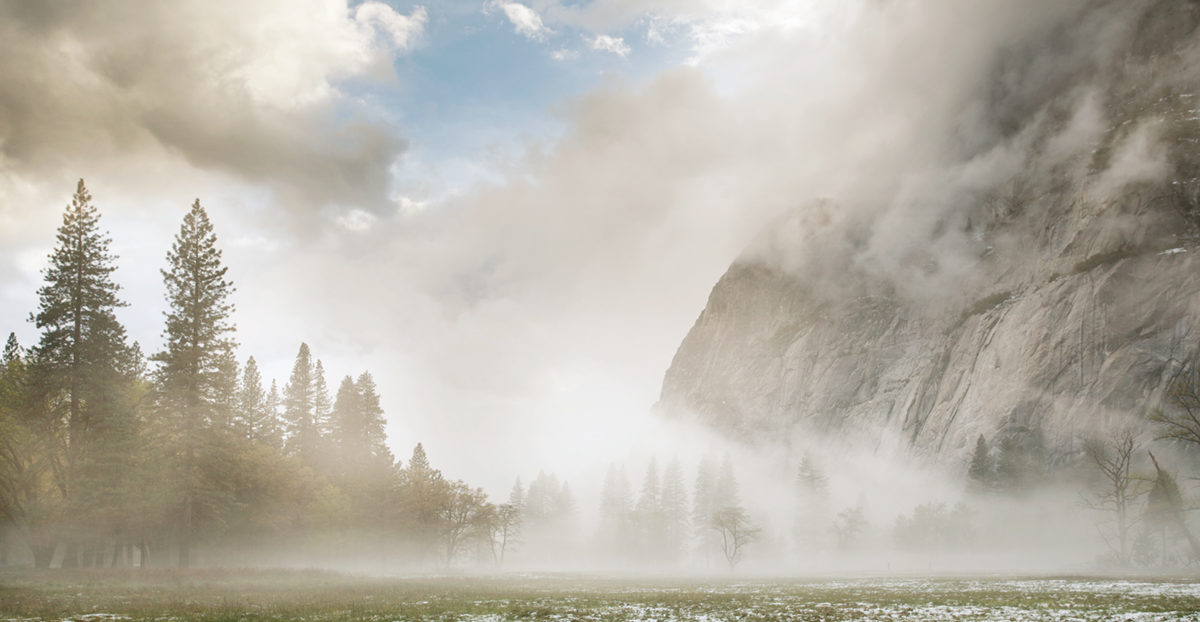We spent nearly three weeks in Albania. The purpose was twofold: visit Rebecca’s good friend and her husband and family (who are now all our friends), and for me to spend more contemplative time. Some of my thoughts have come through in previous blog posts and some will come later. I began research for a writing project I plan to submit someday: a book for those who say “I believe in God. I just don’t believe in church.” More on that later.

If you are like me, you don’t know much about the country of Albania. Here are a few things I learned.
- The Albanian language is unique in the world. It is not related to any other language in the world – not Latin, not Greek, not Arabic, nor any other. There are some borrowed words from Italian and English and other languages, but the language itself apparently developed on its own.
- There are more Albanians living outside the country than in it (current population is under 3 million). Part of the reason is that when the nation’s borders were created many ethnic Albanians were drawn outside the lines of Albania and inside the lines of Macedonia and Kosovo. The other reason is the diaspora caused by lack of jobs in the country. Greece, Italy, and the US are popular destinations for Albanian emigrants.
- The country was dominated and decimated by the communist government from the 1940s to 1992. Our Albanian friend remembers the extremely limited number of foods and the extremely long lines to receive them. The government made it a policy to produce all their own food, a policy that led to shortages.
- The communist government declared Albania to be the world’s first atheist state in 1967.
- When the country opened to outside visitors in 1993 missionaries waiting at the border searched the country for Christians. In the south they found five old men who had met in secret for prayer in the town of Korcha. Beginning with those five a church began. The church in Korcha soon reached out to neighboring towns, planting churches throughout the region.
- The Bosnian War following the breakup of Yugoslavia in the 1990s sent many ethnic Albanians fleeing across the border into Albania, where they had a common language but no historical roots.
The missionary friends we were visiting in Erseka include Doni, a native of Albania who was among the first generation of believers after the fall of communism. His small town was one of the sites where the church in Korcha began a ministry. Missionaries from the UK and the US discipled the new believers into a church. The possibility of thousands more refugees pouring across the border during the Bosnian War prompted the ministry to buy a piece of land to use as a refugee center. NATO’s intervention through a bombing campaign ended the war and averted further ethnic cleansing.
The ministry was left with a property all prepared to host refugees who thankfully didn’t have to come. They decided to make the property into a Christian camp instead. Over the years it has hosted thousands of young people for week long summer camps. In addition, the camp hosts a Bible school during the school year. As a result, the isolated little town of Erseka is making a national impact through sharing the gospel with youth and training young adults in ministry.

Bee boxes and an abandoned building. Abandoned buildings are typical of the town of Erseka.
Our friends say the ministry staff have wondered why God in his wisdom chose their town of Erseka for such ministries.
I couldn’t help comparing their town to ours. Both are small and seemingly not strategic for the larger gospel work in the region. Both are places where people who can, leave. And both are places where, if you look not at the economy or the numbers, God is at work in the lives of individuals.
Next time I will get to our experience of Albania.
